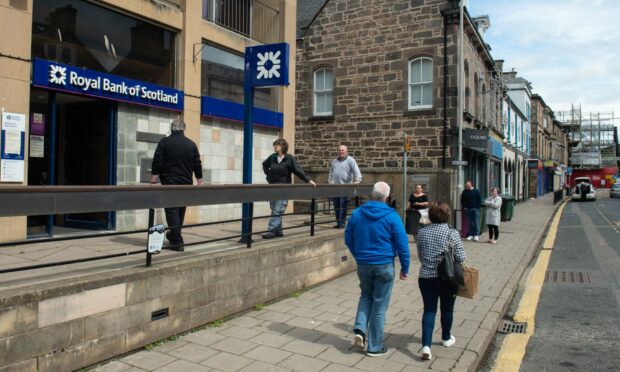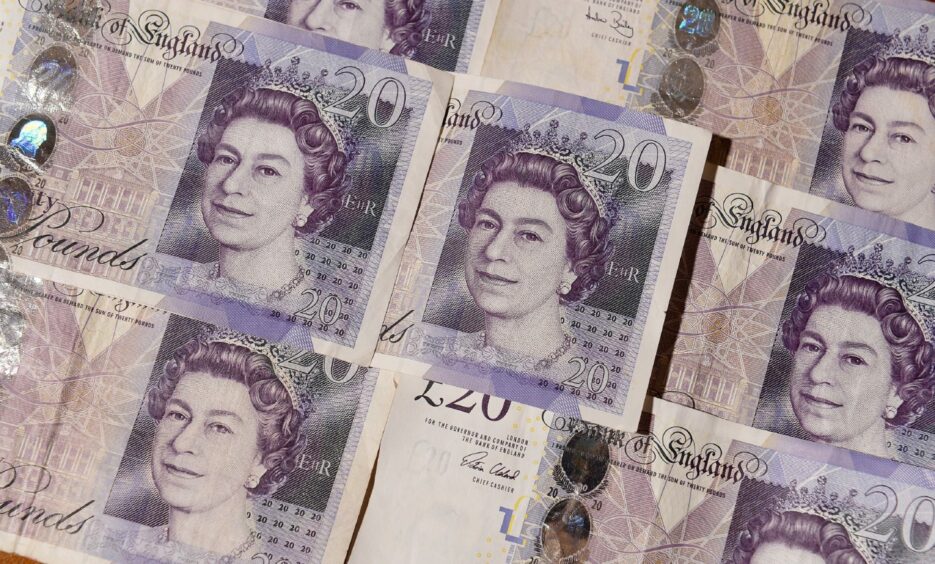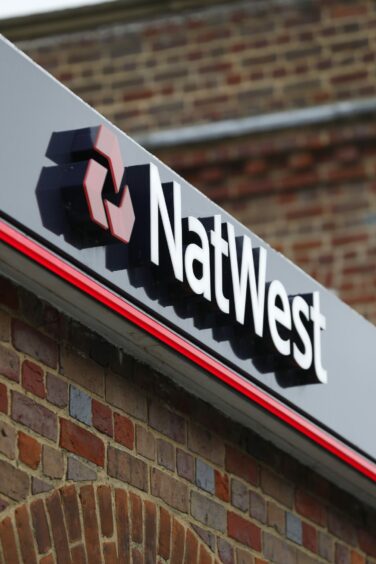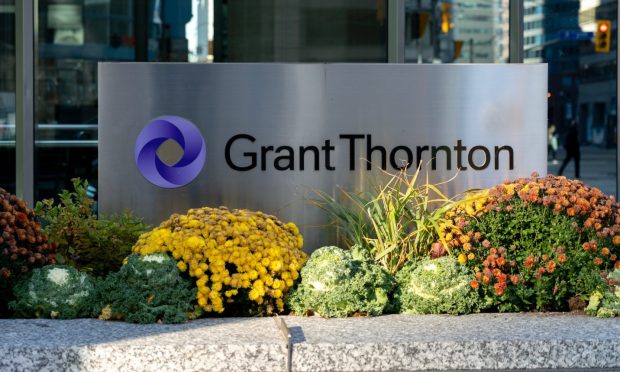Royal Bank of Scotland owner NatWest has pleaded guilty to three offences related to money laundering.
It admitted it breached rules requiring it to “determine and conduct risk-sensitive ongoing monitoring of its customers for the purposes of preventing money laundering”.
The offences were linked to a business banking customer, and took place between November 7 2013 and June 23 2016.
Edinburgh-headquartered NatWest said it did not adequately monitor the accounts of the customer at the heart of the money laundering.
It said it had cooperated fully with the Financial Conduct Authority since the regulator’s investigation began.
FCA has confirmed it will not take action against any current or former employee of NatWest, which said it was not aware of and not anticipating any other authority investigating its conduct.
The case has been remitted to the Crown Court for sentencing.
NatWest said a provision would be made in its third-quarter accounts in anticipation of a potential fine.
The banking giant added: “Financial crime continues to evolve, whether through fraud, scams, cyber-attacks or other criminal activity.
“NatWest continues to make significant, multi-year investments to strengthen and improve its overall financial crime control framework with prevention systems and capabilities.
5,000-plus staff in specialist financial crime roles
“The bank has invested almost £700 million in the last five years, including upgrades to transaction monitoring systems, automated customer screening and new customer due diligence solutions.
“NatWest currently has more than 5,000 staff in specialist financial crime roles, dedicated to detecting and preventing financial crime under the leadership and focus of a centralised bank-wide ‘FinCrime Hub’.”
The group is also investing more than £1 billion to “further strengthen financial crime controls over the next five years”.
We deeply regret that NatWest failed to adequately monitor and, therefore, prevent money laundering.”
Alison Rose, chief executive, NatWest.
It is being spent on new technologies and capabilities to “further enhance customer due diligence, transaction monitoring, sanctions and anti-bribery and corruption systems”.
NatWest chief executive Alison Rose said: “We deeply regret that NatWest failed to adequately monitor and, therefore, prevent money laundering by one of our customers between 2012 and 2016.
“NatWest has a vital part to play in detecting and preventing financial crime, and we take extremely seriously our responsibility to prevent money laundering by third parties.
“In the years since this case, we have invested significant resources and continue to enhance our efforts to effectively combat financial crime.”
She added: “We work tirelessly with colleagues, other banks, industry bodies, law enforcement, regulators and governments to help find collaborative solutions to this shared challenge.
“These partnerships are crucial to counter the significant and evolving threat of financial crime to society.”
Be careful you don’t fall victim to a cryptocurrency scam
Scottish banking giant rolls out more support for women entrepreneurs













